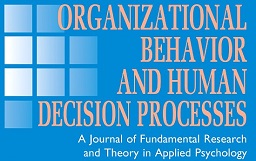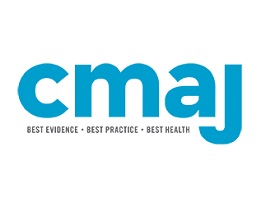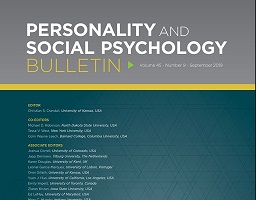Mind the (information) gap: Strategic non-disclosure by marketers and interventions to increase consumer deliberation.
Marketers have a choice of what to tell consumers and consumers must consider what they are told or not told. Across 6 experiments, we show that consumers fail to differentiate between deliberate and nondeliberate missing information (strategic naiveté) and make generous inferences when they do notice missing information is deliberately withheld (charitability). We also show […]










